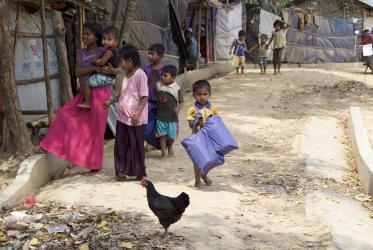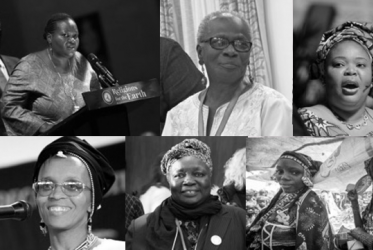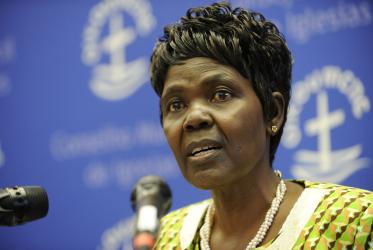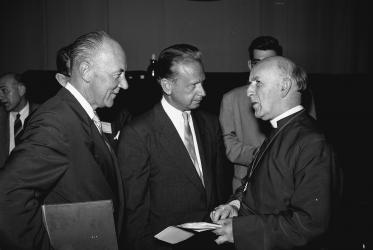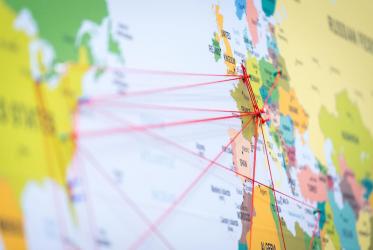Displaying 81 - 100 of 326
11 - 13 February 2021
“From faith to action” conference will explore ways to protect children’s rights affected by migration
10 - 11 December 2020
Online
As olive harvest draws to a close, who is helping the farmers?
08 December 2020
WCC stands behind “Statement on Faith in Action for Children”
26 November 2020
Fr Jamal Khader: “We need to keep hope alive” in Palestine
25 November 2020
Brazilian churches call for transformative racial justice
23 November 2020
WCC executive committee maps future with hope in uncertain times
19 November 2020




